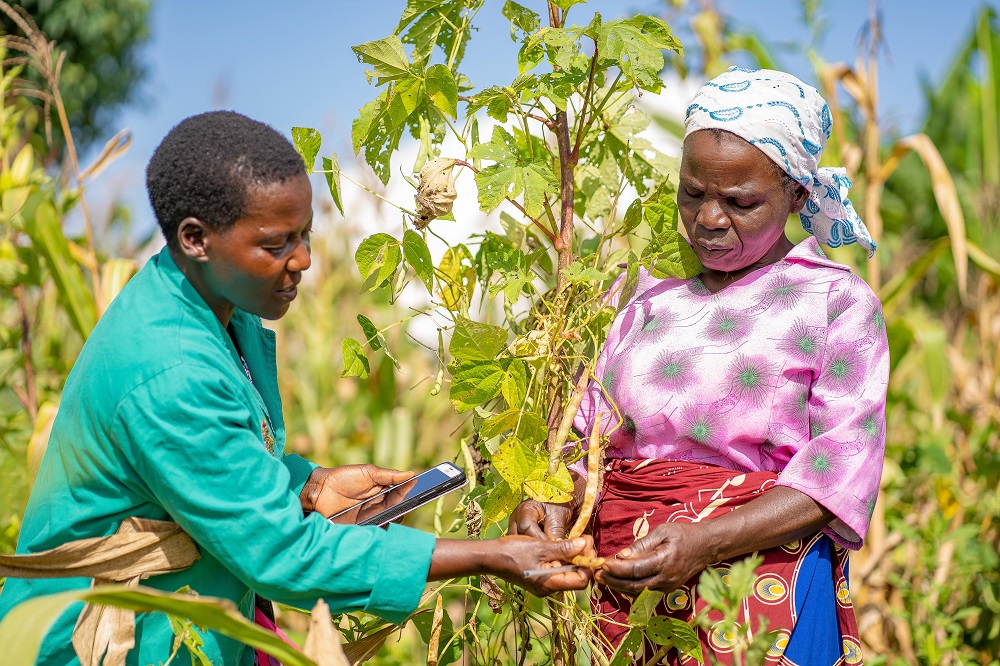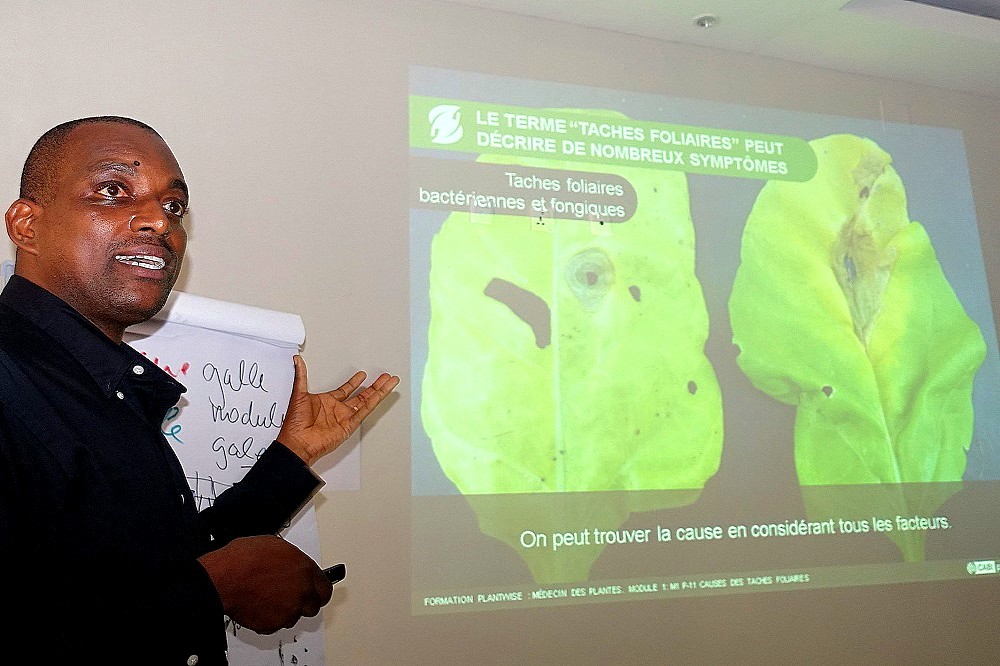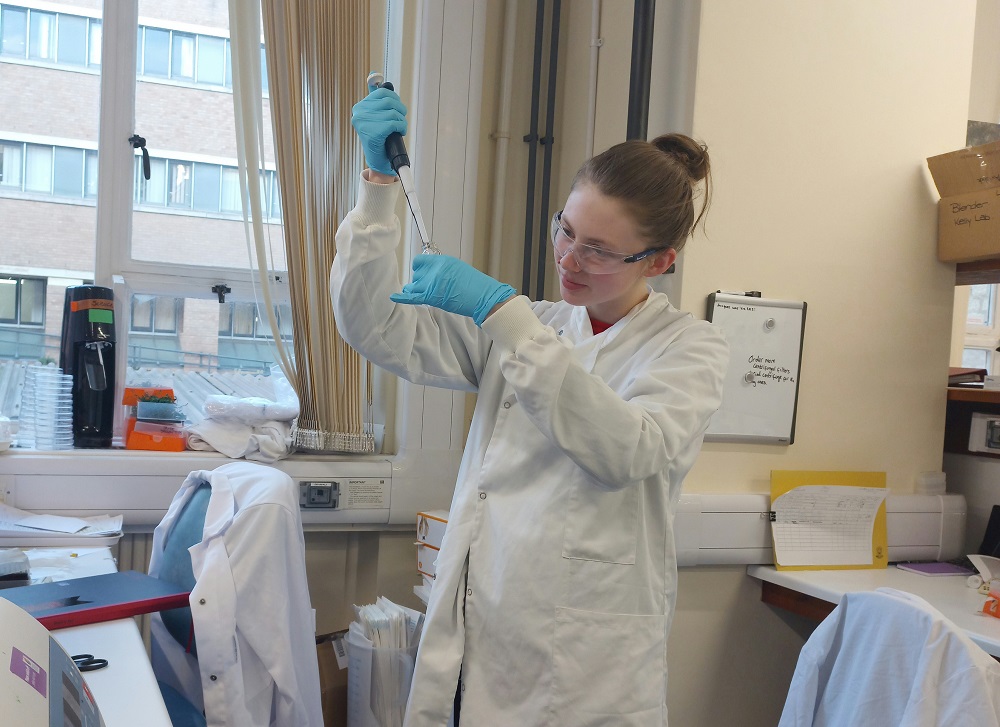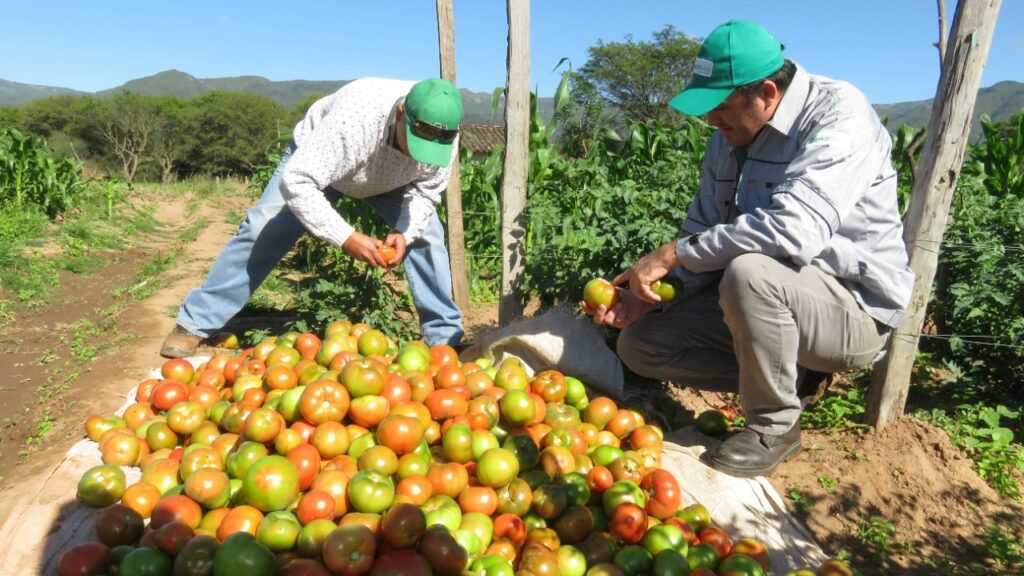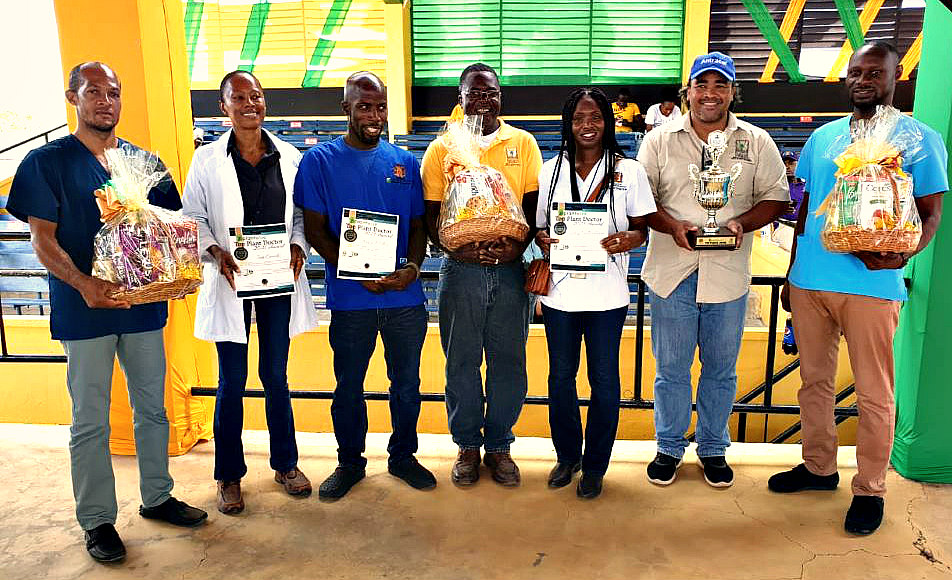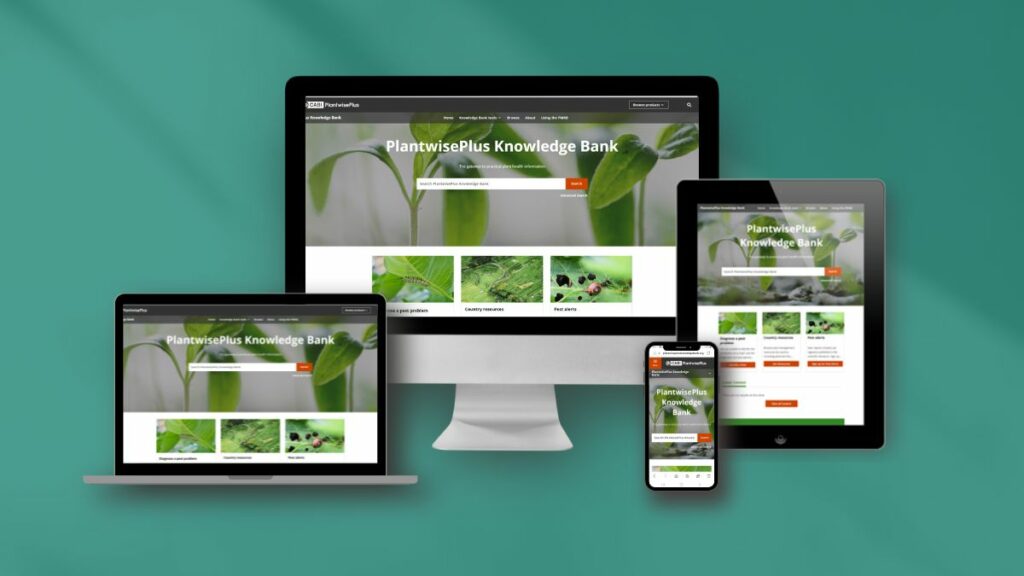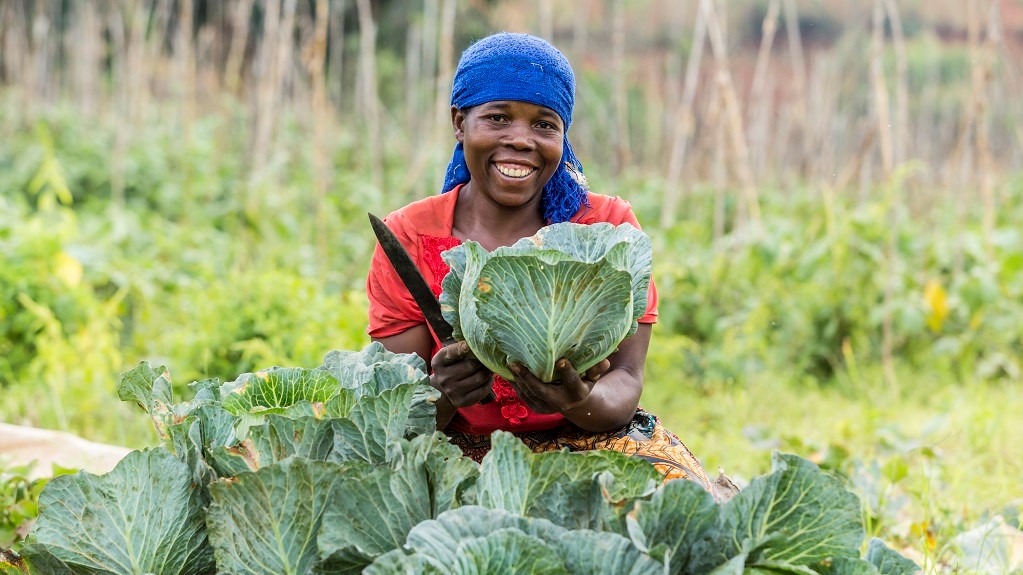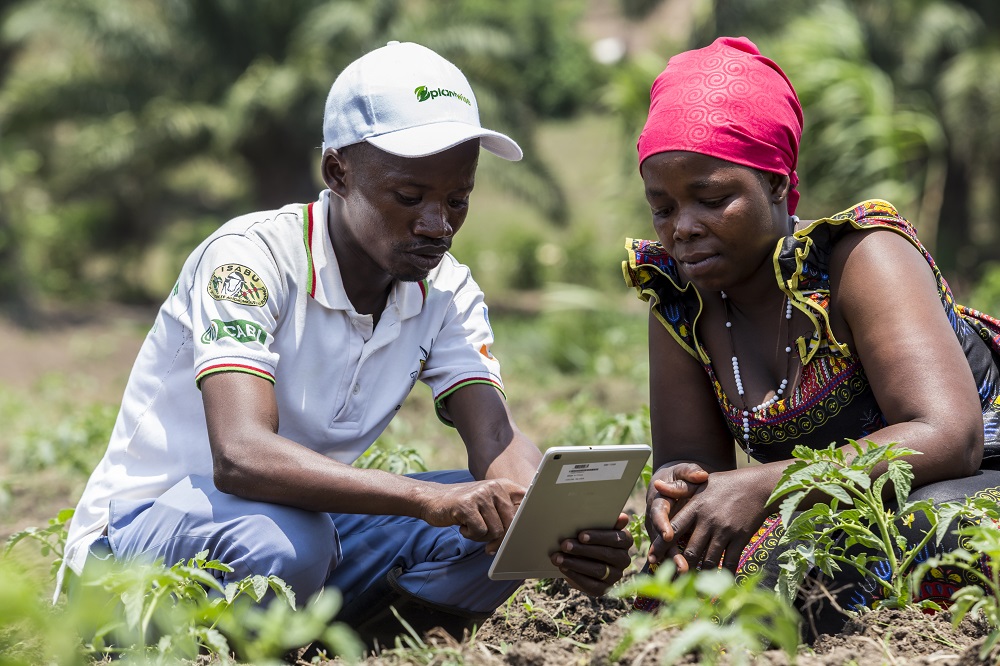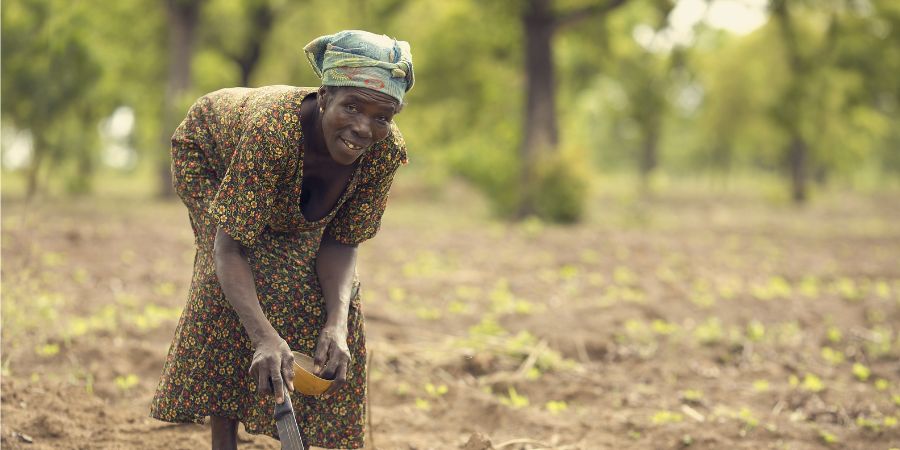Embracing equity for women farmers
Women farmers make up around 43% of the agricultural labour force and produce over half of all food grown worldwide. Yet, when you picture a farmer, are they a woman? This year’s International Women’s Day theme is ‘embrace equity’ and its aim is to get the world talking about why equal opportunities aren’t enough. People…
PlantwisePlus most read blogs of 2022
As 2022 draws to a close, we have crunched the numbers to present the most-read articles on the PlantwisePlus Blog this year. Plus a few firm favourites. Articles on the PlantwisePlus tools and plant doctor training across the globe were some of the most read during 2022, as were those covering the work Plantwise continues…
Tuta absoluta in the Americas
Tackling the tomato pest, Tuta absoluta, with natural pesticide alternatives in the Americas Tuta absoluta (also known as Phthorimaea absoluta) is one of the most devastating plant-eating pests worldwide. It affects tomato plants and fresh tomatoes. And it causes high levels of crop production loss. Without stemming the spread, its effects are devastating.
PlantwisePlus Knowledge Bank joins the CABI Digital Library
The PlantwisePlus Knowledge Bank has joined the CABI Digital Library platform. Developed by subject experts in partnership with international collaborators, the CABI Digital Library (CDL) makes it easier for practitioners, students and researchers to find in-depth scientific information in their area of interest.
How are plant health rallies supporting plant health in Burundi?
What are plant health rallies, and how are they supporting plant health in Burundi? Plant health in Burundi is getting a boost from plant health rallies. If you’re unfamiliar with this type of gathering, and how they help smallholder farmers, this blog is for you.

